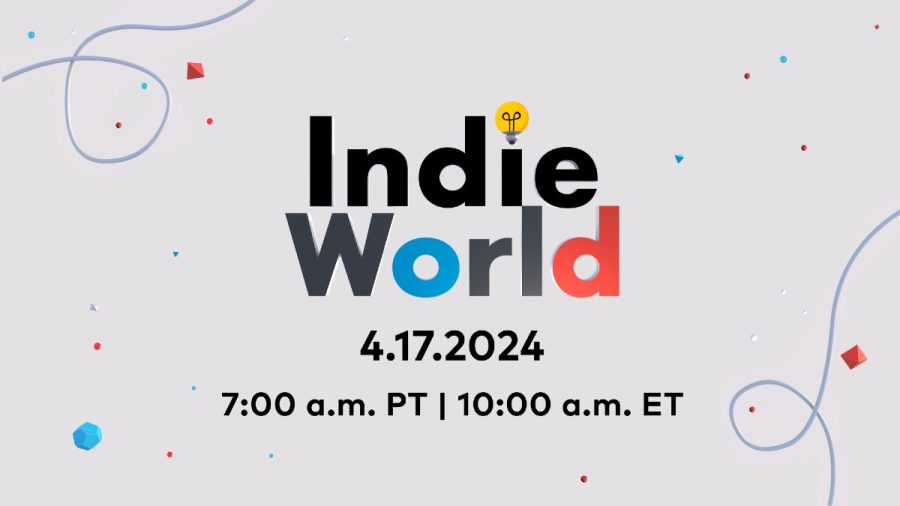For most of our history, regulation has been the cart pulled along behind the technological horse. It was a clear cause-and-effect relationship: New tech was developed and put into broad use, then came the rules about how and when to use (or not use) it.
In other words: We have speed limits because of the automobile, not vice versa.
However, in the 21st century, the speed and scope of technological advances have served to drive regulation in a more proactive manner. The 2009 American Recovery and Reinvestment Act mandated that healthcare providers shift to electronic medical records. Patients that are used to seeing doctors scribbling on pads or clipboards became accustomed to the sight of laptops and tablets in the exam room.
And at the close of 2016, the U.S. Department of Transportation’s proposed rules that would require equipping cars and light trucks with wireless communication technology that could help avoid potential collisions. Indeed, the DOT believes this can help prevent up to 80 percent of accidents.
When we have turned to technology-driven regulation here in the United States, it has typically been because of the advantages offered, most notably in the areas of safety, mobility, and health. Now Germany has given us another reason to base regulation on new tech and it is, unsurprisingly, efficiency.
By 2019, the German transport ministry has announced, all paper tickets for transit will be phased out in favor of electronic tickets. There are already 10 million Germans using smart transportation ticketing, but the federal agency has mandated that public transit services – whether buses, subways, or other modes – will be accessed by “a nationwide e-ticket.”

Why follow Germany’s lead?
There is good reason for public and private transportation agencies in the United States to take a close look at the reasons behind Germany’s action, because those conditions exist in transit systems across this country, as well.
- Reduced costs: By eliminating physical infrastructure related to selling and printing tickets, as well as processing cash payments, maintenance and operational expenses are reduced. Budget and staff will be freed up for higher-priority jobs.
- Reduce fraud and improve security: Lost or stolen e-tickets can be canceled and replaced, unlike paper tickets. Fraud is reduced, as is the need for drivers and conductors to handle cash, which is another security risk.
- Convenience: A single electronic ticket that works across an entire transit system makes travel easier for passengers, who no longer have to juggle different tickets during their trip.
- Eliminating lines: Frustrating waits can have wide-ranging impacts on travelers. With no paper tickets to buy, ticket kiosks and the long lines they create will disappear. This helps smooth the traveler’s journey.
These are priorities common to any transportation agency – public or private – and any mode of transportation, be it below ground, on the surface, across water, or through the air. The fact that so many of them can be addressed through a single tech-driven regulation should encourage local government officials, public agencies, and private transportation agencies to give serious consideration to follow Germany’s lead.
We are now on the flip side of the car/speed limit equation. In the era of the Internet of Things – where virtually every object that can be connected will, at some level, be connected – we can expect technology-driven regulations to quickly become the norm. State- or agency-level mandates should take the initiative, given the benefits they can reap through leveraging technology to address these priorities.










